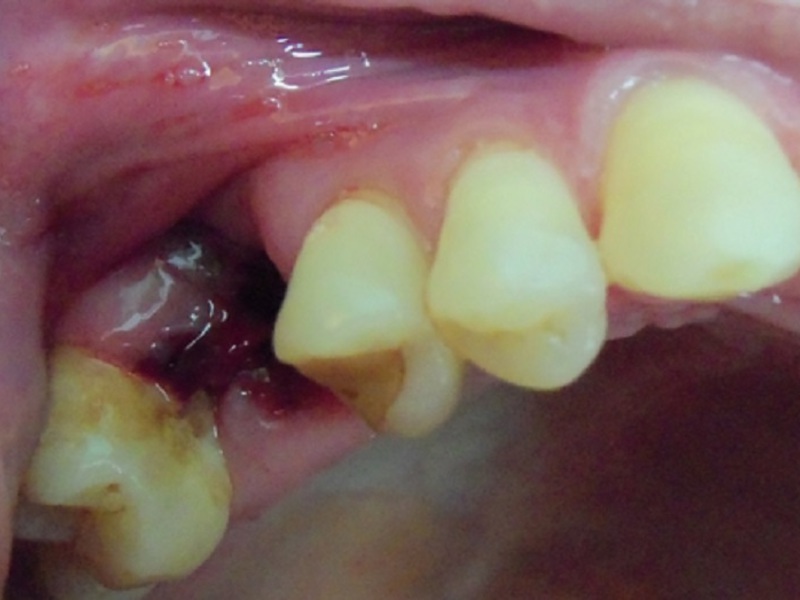Ways to treat IRR and panic attacks
Contents:
- Manifestations of a panic attack with
- Who treats VSD and panic attacks
- How to cure VSD and panic attacks
- Summarizing
 The stresses of modern life lead to the emergence of vegetative-vascular dystonia( VSD).Often with VSD and panic attacks, the symptoms of these disorders cause a person a lot of trouble, up to the restriction in communication and visiting public places. It is necessary as soon as possible to begin treatment of VSD and panic attacks, in this case, the positive result is more stable. Timely appeal to a neurologist will reduce the symptoms of a panic attack in the VSD, and may completely eliminate them.
The stresses of modern life lead to the emergence of vegetative-vascular dystonia( VSD).Often with VSD and panic attacks, the symptoms of these disorders cause a person a lot of trouble, up to the restriction in communication and visiting public places. It is necessary as soon as possible to begin treatment of VSD and panic attacks, in this case, the positive result is more stable. Timely appeal to a neurologist will reduce the symptoms of a panic attack in the VSD, and may completely eliminate them.
In a person suffering from attacks of panic attack, such a reaction arises spontaneously, regardless of the circumstances. The second option is a reaction to various situations: a trip to the subway, being in a large cluster of people( see Agoraphobia), flights by air transport( see Aerofobia) and much more. Subjectively, a person feels very strong fear, and unpleasant physical sensations, although the real danger is insignificant or absent. Unpleasant physical sensations are diverse.
Manifestations of panic attacks with
In the context of vegetative-vascular dystonia( VSD), we understand the disruption of the functioning of the autonomic nervous system, which manifests itself in malfunctions in almost all body systems, especially cardiovascular. Patients complain of increased heart rate, pain in the heart, rapid breathing, tremor of the hands. In organs and systems, there are no organic changes, and failures in their work are caused by violations of neurohumoral regulation.
 Read how to treat children with a diagnosis of VSD.Effective methods of therapy.
Read how to treat children with a diagnosis of VSD.Effective methods of therapy.
Learn what to do when often limbs tremble. The main causes of the symptom.
Often people who suffer from VSD have panic attacks. In this state, the feeling of anxiety in a person is combined with various physical disorders. Symptoms of panic attacks occur unexpectedly, or appear in response to a traumatic situation.
During the panic attack, the following symptoms are observed in a person:
- heart rate increase;
- pain in the chest;
- increased sweating;
- chills;
- sensations of suffocation, lack of breathing;
- attack of nausea;
- dizziness;
- tremor.
The change in the general psycho-emotional state of a person is manifested by the following symptoms:
- increased anxiety;
- fear;
- hypochondria;
- depression;
- increased fatigue;
- is a suicidal intent.
This condition can last from a few minutes to two three hours, but usually this time is about 15 minutes. The frequency of seizures in all patients is different. The range ranges from several attacks a day to one a month.
 If such a panic attack occurs unexpectedly, and not immediately after a traumatic situation, the patient may believe that he has a heart attack. Next is a visit to the cardiologist by the patient. A person can at the same time not think about how to get rid of VSD and panic attacks, but be busy getting rid of an unknown disease.
If such a panic attack occurs unexpectedly, and not immediately after a traumatic situation, the patient may believe that he has a heart attack. Next is a visit to the cardiologist by the patient. A person can at the same time not think about how to get rid of VSD and panic attacks, but be busy getting rid of an unknown disease.
Diagnosis in this case does not show any changes in the structure of the cardiovascular system and does not determine the presence of diseases. The treatment is delayed until the correct diagnosis is made and the patient does not know who heals the VSD and the panic attacks.
Who treats VSD and panic attacks
In order to decide how to deal with panic attacks in case of an individual patient's VSD, it is necessary to pass a survey with the following specialists:
- therapist;
- cardiologist;
- neurologist;
- psychiatrist.
As a result of the diagnosis, the complete picture of the course of the disease in a particular patient will be clear, the causes of seizures will be revealed. Visiting a therapist and a cardiologist will help to exclude possible diseases of the cardiovascular and other body systems. If there are no abnormalities in the heart, you will need to consult a neurologist and a psychiatrist.
Specialists can prescribe a variety of drugs that will reduce the symptoms of panic attacks and vegetative-vascular dystonia. It may also be recommended to visit a psychotherapist who will find out the psychological causes of panic attacks, will learn to cope with stress and disassemble with the patient a particular traumatic situation that contributed to the emergence of this disorder.
How to cure VSD and panic attacks
Patients may be prescribed medication, for which the following groups of drugs are used:
- tranquilizers;
- antipsychotics;
- antidepressants.
Tranquilizers stop the attack, but can be used for a short time, as with frequent use are addictive. One of the most modern drugs that has a soft effect is Gliiced.
Antidepressants relieve symptoms, improve the psychological condition of the patient, his mood. This group of medicines fights both with panic attacks, and with VSD.
All drugs are prescribed only by an individual doctor. Self-medication is unacceptable. But drug therapy can not completely cure this disorder. Medications have a rapid effect, but then the seizures may recur. Usually, drug therapy is accompanied by a visit to the therapist. The most effective treatment in cases where the psychological causes of panic attacks are eliminated.
 What if you are diagnosed with obsessive-compulsive disorder? Learn how to get rid of the problem.
What if you are diagnosed with obsessive-compulsive disorder? Learn how to get rid of the problem.
Read what they are treating VSD: the main groups of drugs.
All about the people's treatment VSD: effective methods and drugs.
People suffering from this disorder need to know how to cope with a panic attack in the IRR independently if the attack has already begun. At the moment when anxiety increases and the approach of a panic attack is felt, it is recommended to switch your attention to another object. It can be, for example, the recall of poems and their mental utterance, the call to a loved one, listening to music. A person can choose the method that distracts him best and apply it when the attack begins. It helps deep deep breathing, while the person should be fully focused on this process.
Let's sum up
The decision on how to cure VSD and panic attacks should be made by a medical specialist. Procrastination of this process can lead to more frequent seizures, an increase in the number of symptoms. In this case, it will be much more difficult to get rid of the disorder than with early treatment.
write the question in the form below:



